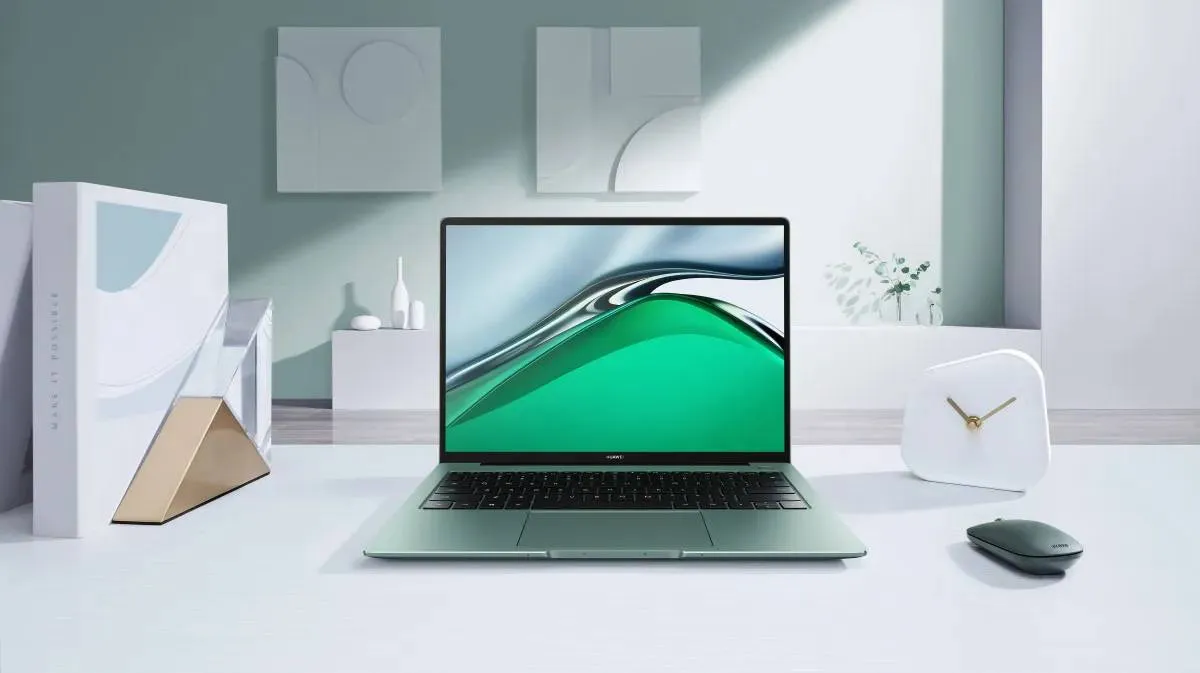Russia to launch a local app store (NashStore) to replace Google Play Store
TechWednesday, 30 March 2022 at 04:59

Russian technology developers are building an application store that can replace Google's Google Play. The transcontinental nation plans to officially launch the new app store on May 9. This day is a national holiday in Russia to celebrate the victory of World War II. YouTube and Google Play suspended all payment-based services, including subscriptions, in Russia this month amid Western sanctions.

"Unfortunately, Russians can no longer use Google Play to buy apps normally, and developers have lost their revenue stream," said Vladimir Zykov, project director at Digital platform. "That's why we created the Russian app store NashStore," Zikov said in a statement. NashStore, which translates to "OurStore" in English, will serve Android mobile devices and will eventually be compatible with the Russian Mir bank card.
Since the start of the war between Russia and Ukraine, there have been several sanctions on Russia. The nation is now trying its best to make sure that it provides for its citizens. Despite all the sanctions, the war is still raging on and even getting worse. According to American president Biden, these sanctions will probably not stop the war. However, he believes that the sanction will put some sort of pressure on Russia. Obviously, these sanctions are not deterring the Russians from the war. We do not know whether or not the sanctions will make any meaningful impact.
Russia plans to focus on supporting the development of two major local chip manufacturers
According to Russian media reports, the competent authorities of the Russian Federation are considering including the two major chip design institutions, Baikal Electronics and MCST, into the list of backbone enterprises. Russian media claims that this will help it transfer processors from TSMC to mainland factories for foundry.
Previously, Baikal Electronics and MCST developed Elbrus processors, both of which were manufactured by TSMC. Affected by the sanctions, TSMC has now stopped performing the contract. According to Russian media, after being identified as key enterprises, the above-mentioned institutions will receive a series of support such as financial subsidies and low-interest unsecured loans.
Expert analysis claims that in government procurement, the domestic chips of the above institutions will have special priority. The application software ecology around domestic servers will undergo serious development. Some sources also worry that support for general-purpose processor design companies will attract tougher targeted sanctions from the West. However, it wouldn't take long for us to find out what the further sanctions would be.
Loading






